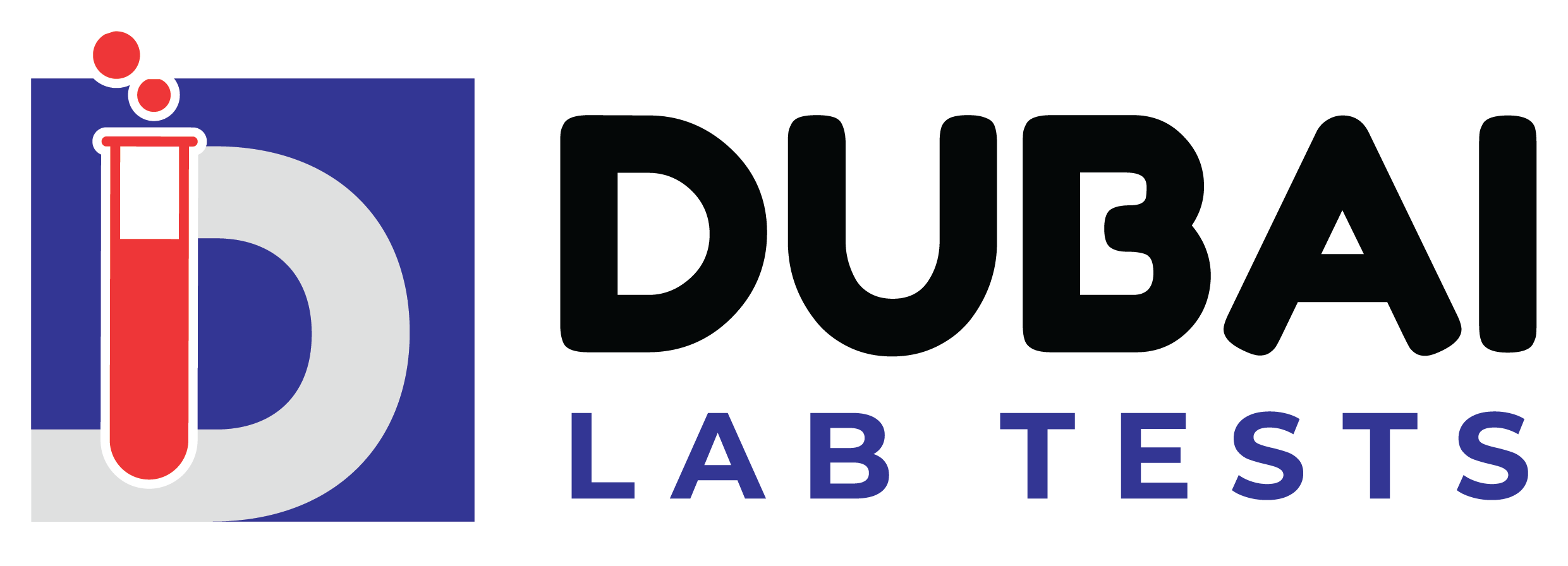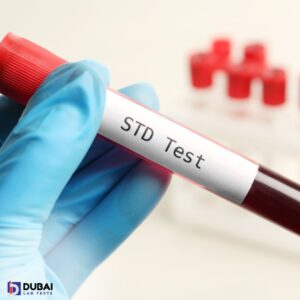Obesity Profile
AED2,130.00
Included Tests:
- Glucose – Fasting
- Glucose – Postprandial
- Complete Blood Count (CBC) (19 parameters)
- Glycosylated Hemoglobin (HbA1C)
- Lipid Profile I (Cholesterol, Triglycerides, HDL, LDL, HDL/Cholesterol Ratio) (5 parameters)
- Kidney and Liver Function Profile (Urea, Uric Acid, Creatinine, Sodium, Potassium, Chloride, Total Protein, Albumin, Globulin, Bilirubin Total, Bilirubin Indirect, Bilirubin Direct, Calcium, Phosphorus, Alkaline Phosphatase, ALT, AST, G-GT) (18 parameters)
- Thyroid Profile I (TSH, Free T3, Free T4) (3 parameters)
- Cortisol – Total (Random)
- C-Peptide
Turnaround Time (TAT): Results available within 1 to 3 days.
Description
**Obesity Profile: Comprehensive Diagnostic Test for Weight Management and Overall Health**
The Obesity Profile is a specialized diagnostic test designed to uncover the underlying factors contributing to weight management challenges. This comprehensive health assessment evaluates critical biomarkers related to metabolism, hormonal balance, organ function, and nutrient levels, providing a holistic understanding of your body’s health. By identifying potential issues such as insulin resistance, hormonal imbalances, or nutrient deficiencies, the Obesity Profile empowers you to take control of your health and achieve sustainable weight management.
### Why You Need This Test
Obesity is a complex condition influenced by multiple factors, including metabolic health, hormonal regulation, and organ function. The Obesity Profile is essential for diagnosing and monitoring these factors, helping to identify the root causes of weight gain and difficulty in losing weight. This test is particularly valuable for individuals who have struggled with traditional weight loss methods or are at risk of obesity-related conditions such as diabetes, cardiovascular disease, or thyroid disorders. By providing actionable insights, the Obesity Profile enables you to make informed decisions about lifestyle changes, dietary adjustments, and medical interventions, ensuring a targeted approach to improving your health.
### Symptoms That Indicate This Test
You may benefit from the Obesity Profile if you experience any of the following symptoms or conditions:
– Unexplained weight gain or difficulty losing weight despite diet and exercise
– Persistent fatigue or low energy levels
– Increased appetite or cravings
– Hormonal imbalances, such as irregular menstrual cycles or low libido
– Signs of insulin resistance, including darkened skin patches (acanthosis nigricans) or frequent thirst
– Family history of obesity, diabetes, or cardiovascular disease
– Symptoms of thyroid dysfunction, such as hair thinning, dry skin, or sensitivity to cold
– Swelling in the legs or face, which may indicate fluid retention
### Natural Production
The body naturally regulates many of the biomarkers assessed in the Obesity Profile. For example:
– **Glucose and Insulin:** The pancreas produces insulin to regulate blood sugar levels. Factors like diet, physical activity, and genetics can influence glucose metabolism.
– **Thyroid Hormones:** The thyroid gland produces hormones (T3 and T4) that control metabolism. Imbalances can lead to weight fluctuations.
– **Lipid Profile:** The liver produces cholesterol and triglycerides, which are essential for cell function but can become harmful when levels are imbalanced.
– **Cortisol:** This stress hormone, produced by the adrenal glands, affects metabolism and fat storage. Chronic stress can lead to elevated cortisol levels.
Understanding how these markers function and interact is crucial for identifying the root causes of weight-related challenges.
### What Happens If Untreated
Ignoring abnormal results from the Obesity Profile can lead to serious health risks, including:
– Development of type 2 diabetes due to prolonged insulin resistance
– Increased risk of cardiovascular diseases, such as heart attack or stroke, from high cholesterol or triglycerides
– Worsening thyroid dysfunction, leading to severe metabolic imbalances
– Liver or kidney damage from untreated organ dysfunction
– Chronic inflammation, which can contribute to obesity-related complications
Early detection and intervention are key to preventing these outcomes and improving your overall quality of life.
### How to Prepare for the Test
To ensure accurate results, follow these preparation guidelines:
– **Fasting:** Avoid eating or drinking (except water) for 8-12 hours before the test.
– **Medications:** Inform your healthcare provider about any medications or supplements you are taking, as some may affect test results.
– **Timing:** Schedule the test in the morning for optimal accuracy, especially for fasting glucose and cortisol levels.
### Test Overview
The Obesity Profile includes a comprehensive range of tests to evaluate your metabolic and hormonal health:
Included Tests:
- Glucose – Fasting
- Glucose – Postprandial
- Complete Blood Count (CBC) (19 parameters)
- Glycosylated Hemoglobin (HbA1C)
- Lipid Profile I (Cholesterol, Triglycerides, HDL, LDL, HDL/Cholesterol Ratio) (5 parameters)
- Kidney and Liver Function Profile (Urea, Uric Acid, Creatinine, Sodium, Potassium, Chloride, Total Protein, Albumin, Globulin, Bilirubin Total, Bilirubin Indirect, Bilirubin Direct, Calcium, Phosphorus, Alkaline Phosphatase, ALT, AST, G-GT) (18 parameters)
- Thyroid Profile I (TSH, Free T3, Free T4) (3 parameters)
- Cortisol – Total (Random)
- C-Peptide
Turnaround Time (TAT): Results available within 1 to 3 days.
### Call to Action
Take the first step toward a healthier, more confident you. The Obesity Profile offers a comprehensive analysis of the factors affecting your weight and overall health. Don’t wait—book your lab test today to uncover the insights you need for effective weight management. Search for a “diagnostic test near me” or “buy lab test online” to get started on your journey to better health.




Reviews
There are no reviews yet.